Pet Scan Vs Mri For Dementia
PETCT is a powerful functional modality that can differentiate dementia types and influence management. MRI Magnetic Resonance Imaging scans allow for a view of the structures in the brain identifying shrinkage of groups of brain cells.
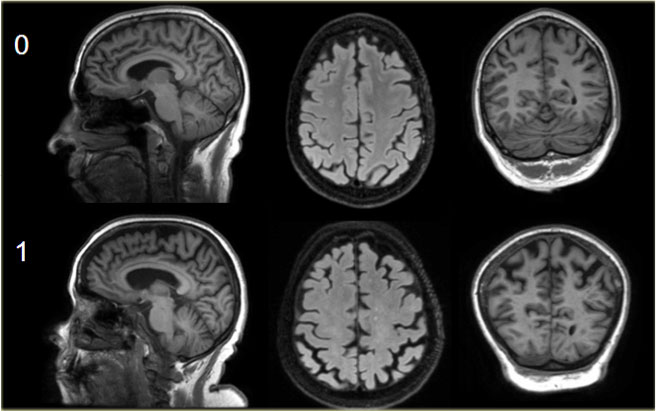
The Radiology Assistant Dementia Role Of Mri
Mony de Leon EdDd.
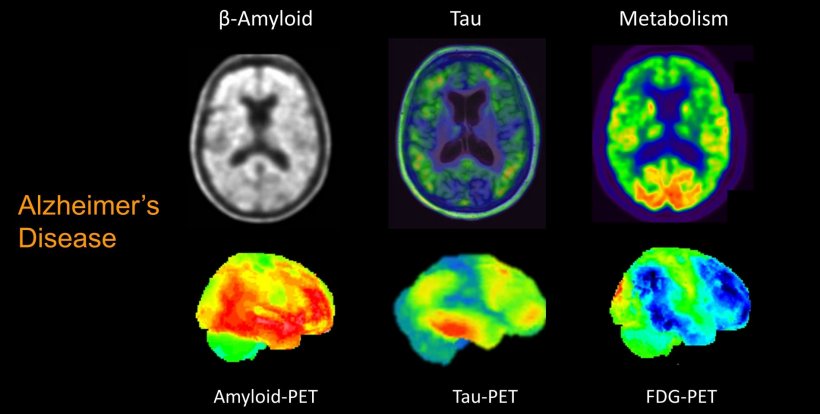
Pet scan vs mri for dementia. MRI Scan Can Tell. This is because doctors often use brain scans to identify tumors strokes and other problems that might lead to dementia development. They are well tol-erated but they do involve a longer period of around 20 minutes lying in a narrow tunnel on a flat surface which can be problematic for agitated.
If a dementia is far enough advanced to change brain structures it would show up on these scans. However it is impossible for these scans to diagnose the exact cause of dementia. Specialist expertise in dementia and it is useful to ask for these when requesting the scan.
PET CT Scan for Dementia Diagnosis. People who are suspected to have dementia will often ask can an MRI detect dementia. Neuroimaging has played an important role in evaluating the demented patient and its uses are growing.
Richard Frank MD PhDg. Pet scan vs mri for dementia. PET scans use a radioactive tracer to show how an organ is functioning in real time.
The most common types of brain scans are computed tomographic CT scans and magnetic resonance imaging MRI. Doctors frequently request a CT or MRI scan of the brain when they are examining a patient with suspected dementia. However it is impossible for these scans to diagnose the exact cause of dementia.
We compared the findings of computed tomography CT magnetic resonance MR and positron emission tomography PET scans of glucose metabolism in 30 patients with clinically diagnosed Alzheimers Disease DAT to those noted in 25 age-matched normal controls. PET scan vs MRI for dementia. Certain scanning centers use these hybrid PETMRI scanners to create high-contrast images.
Standard-of-care imaging for dementia includes CT and MRI primarily for excluding vascular lesions or masses detecting atrophy and monitoring disease severity. Blog Though there is no cure for dementia it is possible to delay the condition from progression further and in some cases even reverse dementia. PET scan images can detect cellular changes in organs and tissues earlier than CT and MRI scans.
CT scans which use X-rays to detect brain structures can show evidence of brain atrophy strokes and ischemia. Both produce still images of organs and body structures. However there may be a long decline in brain function before that point is reached.
The PETCT scan or PETMRI scan can help health professionals assess the degree of a diseases impact. The differential diagnosis of the dementia syndrome may pose a difficult clinical problem since the most common dementia Alzheimers disease AD is marked by normal laboratory tests. Mri and cat scans show anatomical brain changes only not functional ones.
However the success of a treatme. Magnetic resonance imaging MRI scans use magnets and radio waves. They are most often used for discovering and monitoring cancers of the soft tissues such as the brain pelvis liver head and neck.
Role of PET in the diagnosis of AD Brain imaging with MRI SPECT and PET can improve diagnostic accuracy in differentiating AD from potentially treatable causes of dementia such as toxic metabolic states depression and normal pressure hydrocephalus. A PET scan that measures uptake of sugar in the brain significantly improves the accuracy of diagnosing a type of dementia often mistaken for Alzheimers disease a new study has found. MRI brain scans are more expensive 138 in 20144 and usually less accessible.
The Use of MRI and PET for Clinical Diagnosis of Dementia and Investigation of Cognitive Impairment. MRI Magnetic resonance imaging and CT computed tomographic scans are the most common types of brain scans that doctors use when they want to confirm. PET Scan Vs MRI For Dementia.
A Consensus Report Prepared by the Neuroimaging Work Group1 of the Alzheimers Association Marilyn Albert PhDa. While CT and MRI scans show images of your bodys internal organs and tissues PET scans can give your healthcare provider a view of complex systemic diseases by showing problems at. Doctors will find it easier to tell whether a patient has Alzheimers disease or another kind of dementia with a new method of using MRI scans researchers from Perelman.
MRI Magnetic Resonance Imaging scans allow for a view of the structures in the brain identifying shrinkage of groups of brain cells.

The Radiology Assistant Dementia Role Of Mri
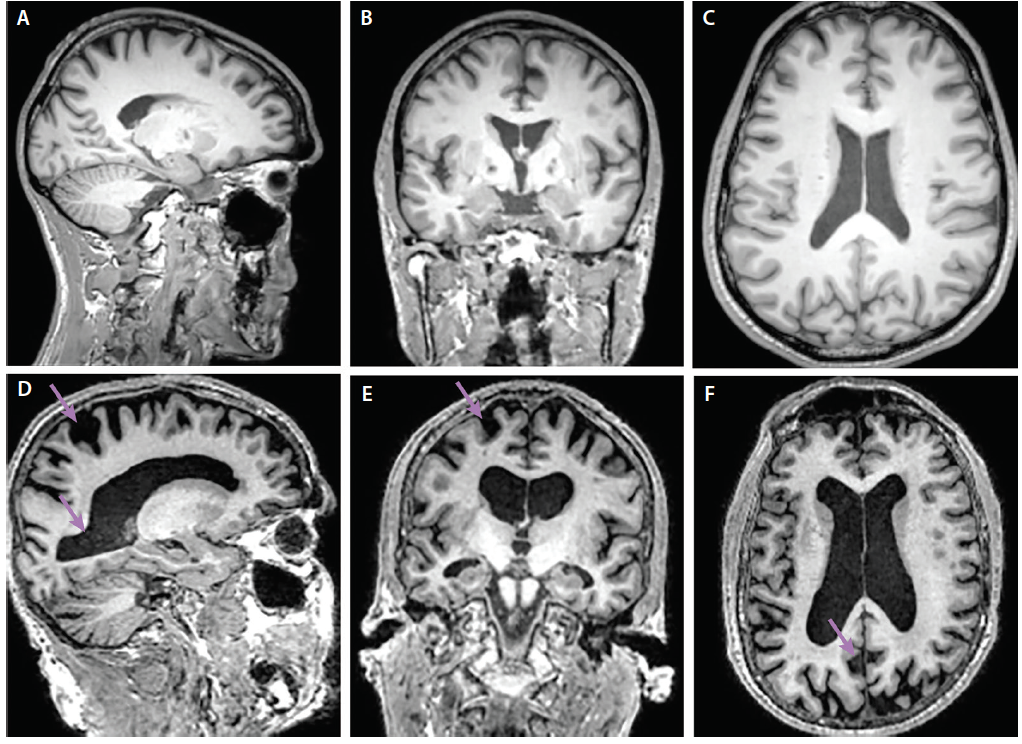
Neuroimaging And Alzheimer S Disease Practical Neurology

Amyloid Pet And 18f Fdg Pet In The Diagnostic Investigation Of Alzheimer S Disease And Other Dementias The Lancet Neurology
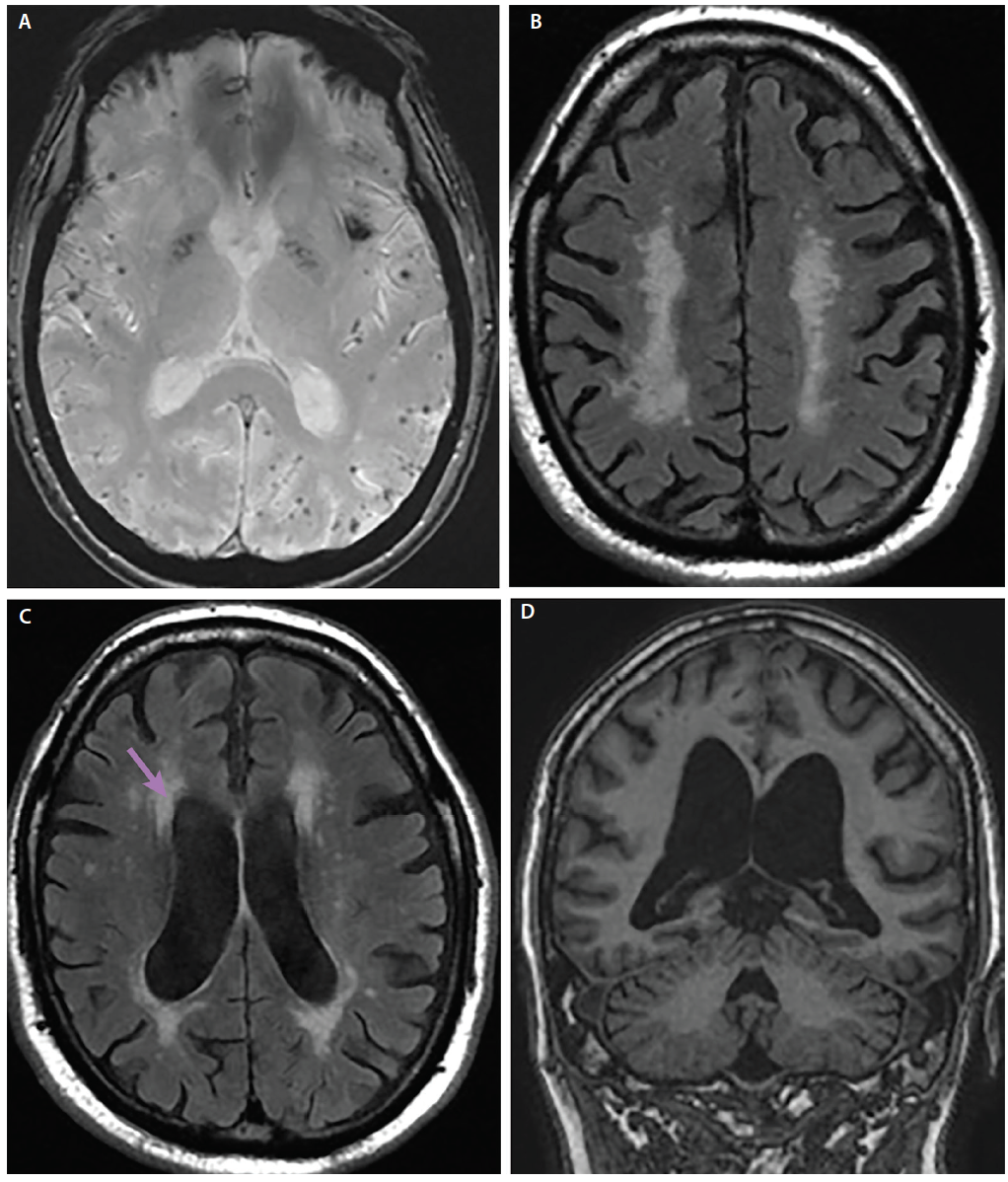
Neuroimaging And Alzheimer S Disease Practical Neurology

The Radiology Assistant Dementia Role Of Mri

Ct Scan Of Multi Infarct Dementia Showing The Presence Of Three Large Download Scientific Diagram
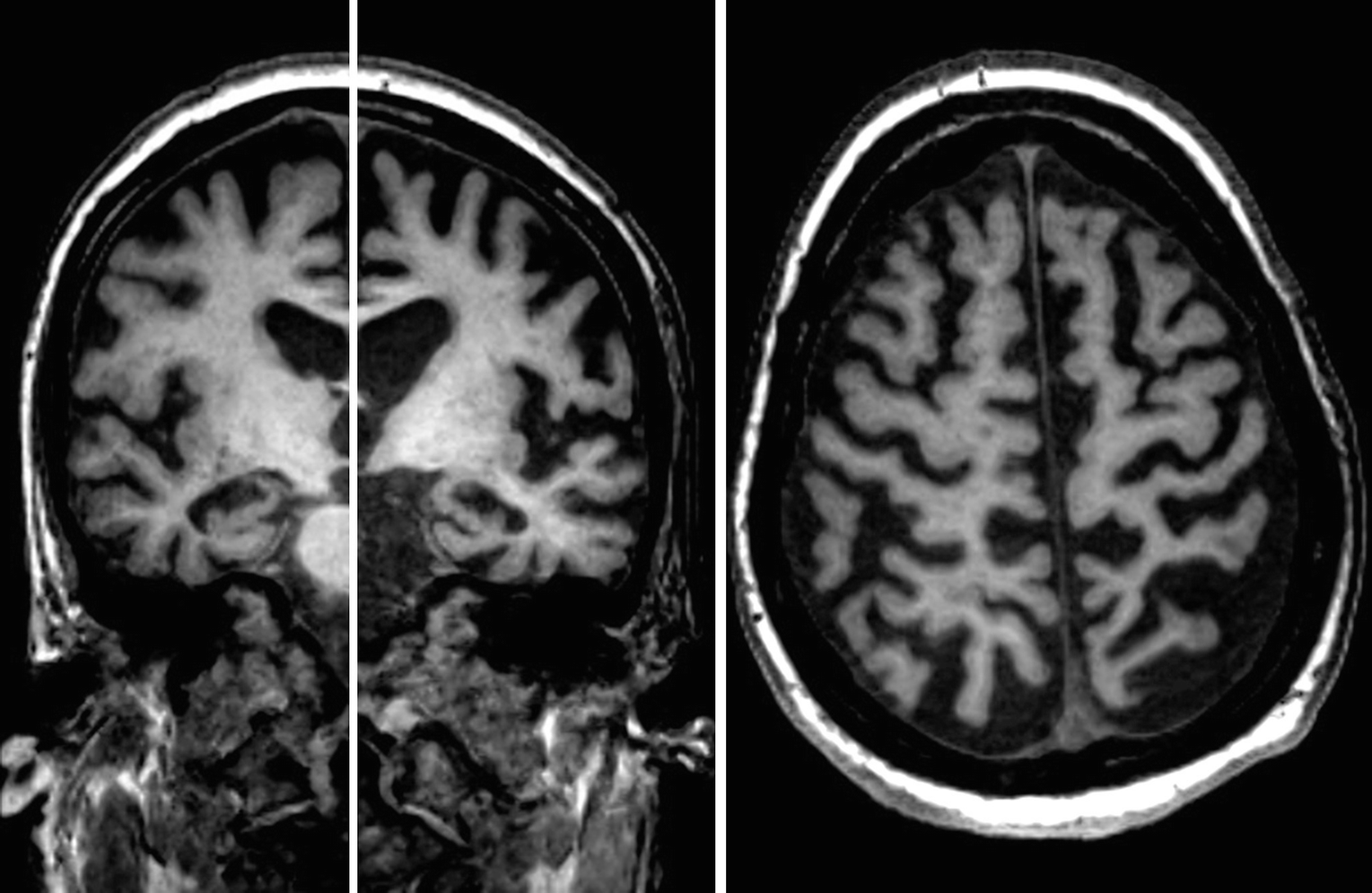
Neuroimaging In Dementia Springerlink

New Mri Technique To Diagnose Or Rule Out Alzheimer S Disease Bmed Report

When It S Not Alzheimer S Differential Dx Of Frontotemporal Lobar Degeneration Neurology Advisor
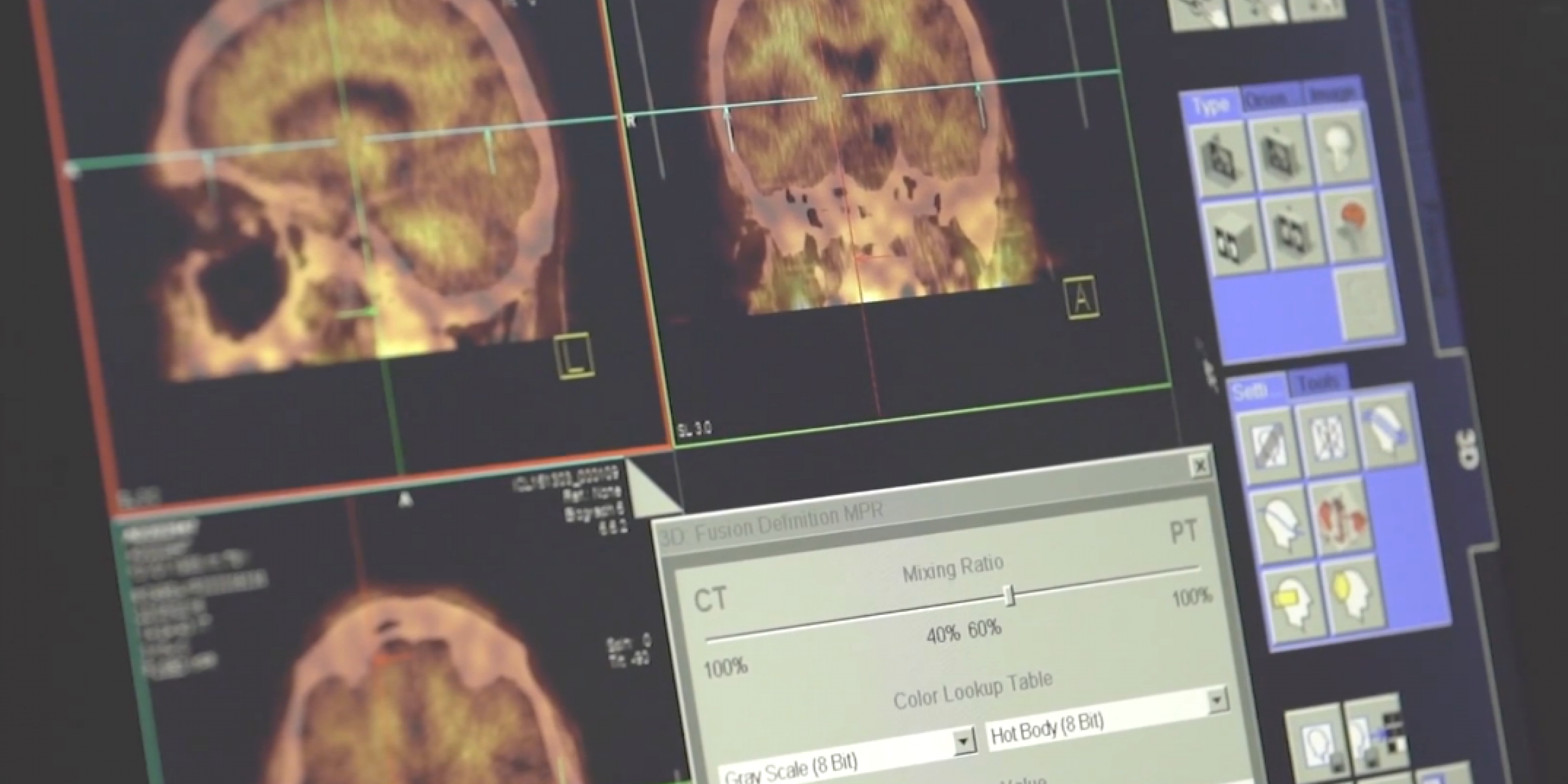
What Can Pet Scans Tell Us About Dementia Alzheimer S Society
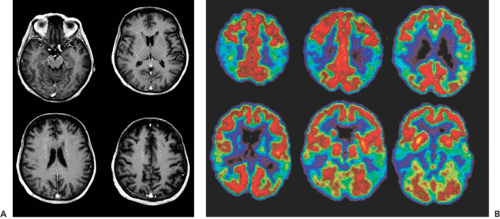
Pet Imaging In Dementias And Extrapyramidal Disorders Radiology Key
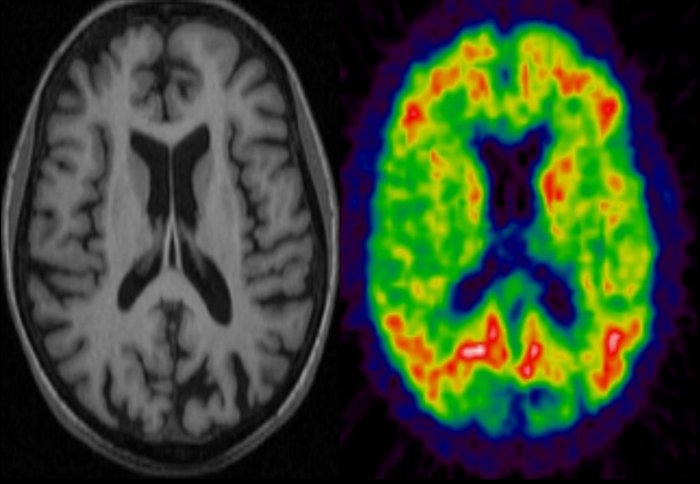
Mri Pet Scanner Will Enable New Insights Into Dementia Imperial News Imperial College London
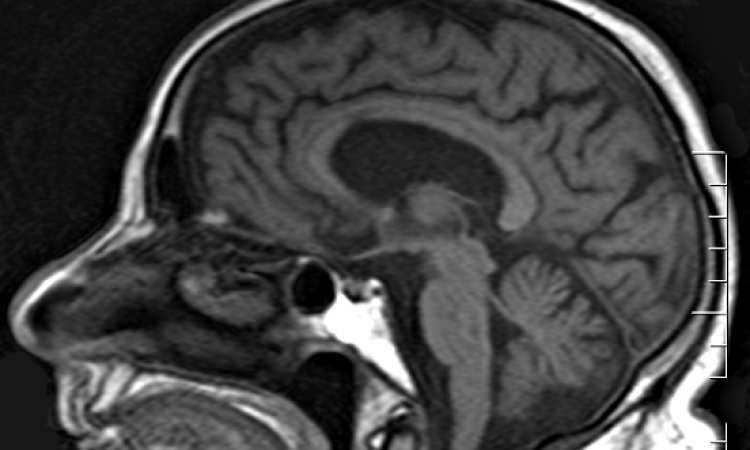
Will Mri Be Able To Predict Dementia Healthcare In Europe Com

Pet Imaging In The Differential Diagnosis Of Vascular Dementia Journal Of The Neurological Sciences

The Nuclear Medicine Approach To Alzheimer S Healthcare In Europe Com
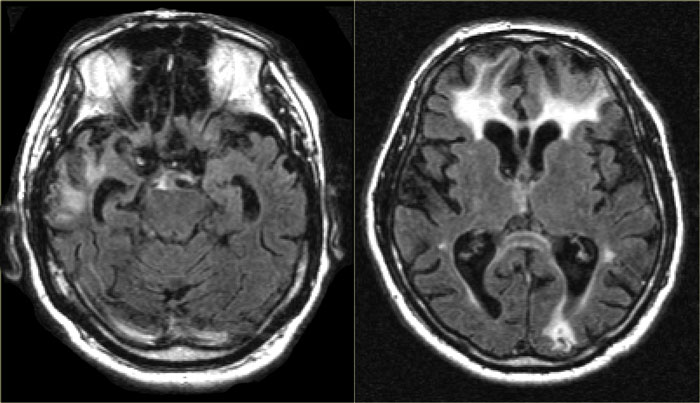
The Radiology Assistant Dementia Role Of Mri
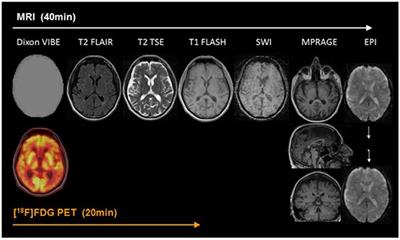
Frontiers Pet Mr Imaging New Frontier In Alzheimer S Disease And Other Dementias Molecular Neuroscience
Plos One Hybrid Fdg Pet Mri Vs Fdg Pet And Ct In Patients With Suspected Dementia A Comparison Of Diagnostic Yield And Propagated Influence On Clinical Diagnosis And Patient Management
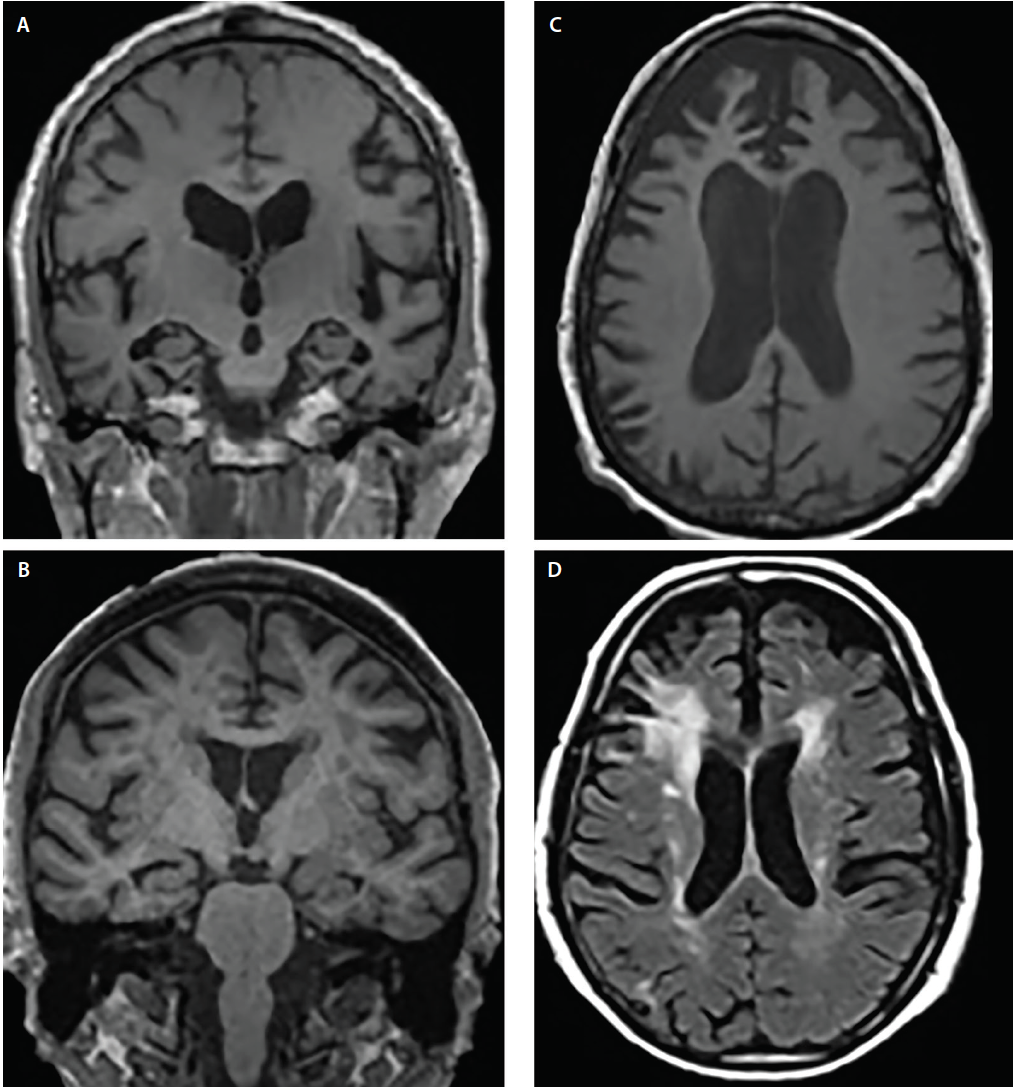
Brain Imaging In Differential Diagnosis Of Dementia Practical Neurology
Post a Comment for "Pet Scan Vs Mri For Dementia"